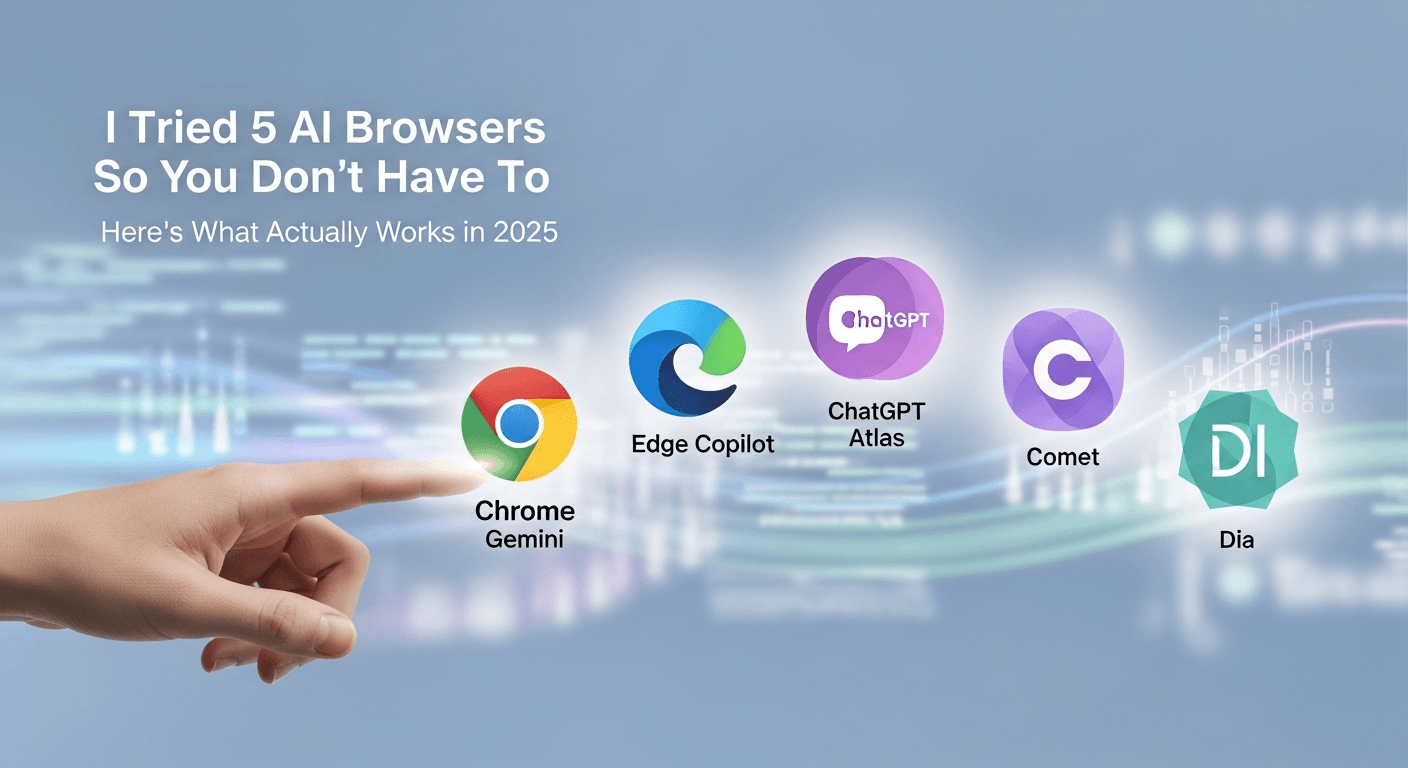
Meta’s Big AI Bet: Can Cash Alone Win the Race?
Meta’s Big AI Bet: Can Cash Alone Win the Race?
Meta is heavily investing in GPUs, data, and leading researchers to take the lead in artificial intelligence. This strategy is both bold and clear. However, in a rapidly evolving field, money is essential but not enough. Let’s explore what Meta is acquiring, why it matters, and the limitations of deep pockets.
The Scale of Meta’s AI Push
Meta has ramped up its investment to astounding levels. In 2024, the company increased its capital expenditure forecast to $35 to $40 billion, primarily focused on AI infrastructure like data centers and accelerators (Meta Q1 2024 earnings).
CEO Mark Zuckerberg mentioned that Meta plans to acquire around 350,000 Nvidia H100 GPUs and approximately 600,000 H100-equivalent computing power by the end of 2024, marking a significant buildout among consumer internet companies (Reuters).
This computing power fuels products and research, including Llama 3, Meta’s open models available in various sizes and integrated across its apps and partners’ ecosystems. Meta states it trained Llama 3 using a combination of licensed and publicly available data, leveraging tens of thousands of GPUs through its custom training stack (Meta AI blog).
Buying Talent: What Money Can and Cannot Do
There’s a global shortage of AI researchers, engineers, and infrastructure experts. Reports suggest Meta has offered highly competitive packages to attract and keep senior AI talent, even attempting to recruit from rivals like OpenAI and Google (Bloomberg), (The Information).
While money can open doors, accelerate hiring, and fund experiments, it doesn’t ensure breakthroughs or loyalty. Many researchers prioritize organizational culture, publication freedom, and the opportunity to create meaningful products without sacrificing safety. Some value open research and community impact over financial compensation, while others consider stability and access to computing resources essential.
In summary, while salary packages are crucial and Meta is aggressive in this regard, factors like purpose, peer networks, and research autonomy often influence the decisions of top-tier talent.
Paying for Data and Likenesses
Large models improve with more and higher-quality data. Hence, AI companies are securing content and licensing deals, sometimes facing legal challenges in the process. Meta claims that Llama 3 was trained using a mix of licensed and publicly available data (Meta AI blog). Across the industry, publishers are entering licensing agreements for AI training, such as OpenAI collaborating with The Associated Press and Axel Springer, and Google partnering with various news groups (AP), (Axel Springer), (Financial Times).
Meta has also experimented with celebrity-style chat personas in its apps, licensing names and likenesses to create entertainment-focused assistants. Media reports indicate that it has compensated stars for the rights to develop these characters (Wall Street Journal). These initiatives enhance user engagement and generate training signals for conversational AI.
At the same time, data rights pose a regulatory challenge. In June 2024, Meta halted plans to train AI models on public content from users in the EU following feedback from data privacy regulators (BBC), (Irish DPC). The takeaway is clear: while money can purchase licenses, gaining public trust and regulatory approval requires effort.
Open Source as Strategy, Not Charity
Meta’s commitment to open models is noteworthy. Both Llama 2 and Llama 3 come with permissive licenses for most uses, facilitating developer creativity. Open models can speed up adoption, expand community testing, and decrease vendor dependency for businesses.
Meta is also part of the AI Alliance, a coalition with IBM and others aimed at fostering open innovation and safety research in AI (AI Alliance). For many developers and startups, this open ecosystem provides benefits that money alone cannot replicate. It fosters goodwill, creates a talent pipeline, and promotes the use of Llama as a standard option across various cloud providers and edge devices.
However, this approach comes with tradeoffs. Open models raise discussions about safety, misuse, and governance of downstream applications. This is why evaluations, responsible release processes, and risk mitigation strategies have become increasingly vital in any open-source strategy.
Product is the Proving Ground
Ultimately, money and models only count if they lead to products that people use. Meta is integrating its assistant, Meta AI, into Facebook, Instagram, WhatsApp, and the web. In April 2024, it announced a global rollout featuring image tools and timely answers powered by Llama 3 (Meta AI assistant). This wide distribution offers strategic benefits, as billions of users generate feedback, edge cases, and improvement opportunities.
Nevertheless, large rollouts attract scrutiny. Are the answers accurate and safe? Are ads and AI functionality clearly separated? Can AI features uphold user privacy and comply with regional regulations? These issues can’t be solved merely by a larger budget; they require strict product discipline and transparent communication.
What Money Cannot Guarantee
- Breakthrough research on demand. While compute helps accelerate discovery, insights are inherently unpredictable.
- Community trust. Open ecosystems flourish on credibility and clear guidelines, rather than just financial backing.
- Regulatory clarity. Privacy and copyright regulations are evolving more rapidly than legal precedents can keep up with.
- Retention of top talent. Mission-driven work, mentorship, and momentum are critical for keeping researchers engaged, not just salaries.
- Consistently better training data. High-caliber, rights-cleared data necessitates meticulous sourcing and ongoing agreements.
How to Read Meta’s Next Moves
Expect Meta to continue its investment in GPUs and data centers, scale its Llama models, and release features across its applications. Look for more licensing agreements, model evaluations, and benchmarks for safety. Additionally, pay attention to whether Meta can transform its computing power into lasting product successes: improved recommendations, more intelligent assistants, and robust developer adoption of Llama in the enterprise.
Winning the AI race is not a single destination; rather, it involves a continuous journey of model upgrades, product development, and trust-building. Meta’s financial resources set the pace, but execution will dictate the result.
FAQs
How Much is Meta Spending on AI?
Meta has projected capital expenditures of $35 to $40 billion in 2024, mostly aimed at AI infrastructure such as data centers and accelerators (Meta).
What is Llama, and Why Does it Matter?
Llama is Meta’s collection of large language models, with Llama 3 powering Meta AI and available to developers under a permissive license, which accelerates ecosystem growth (Meta AI blog).
Is Meta Buying Data for AI Training?
Meta indicates it uses a combination of licensed and publicly available data to train Llama models. Industry-wide, companies are securing agreements with publishers for access to quality archives for training (AP), (Axel Springer).
Why Did Meta Pause AI Training on EU User Data?
In response to input from European privacy regulators, Meta paused its plans in June 2024 to use public content from EU users for training until it navigates regulatory issues (BBC), (Irish DPC).
Are Open Models Safe?
While open models can accelerate innovation and promote transparency, their safety depends on careful release protocols, robust evaluations, and responsible usage. This remains an active area of collaboration within the industry (AI Alliance).
Sources
- The Verge: Meta is Trying to Win the AI Race with Money
- Meta Q1 2024 Earnings Release
- Reuters: Meta Aiming for 350,000 H100s and 600,000 H100-Equivalent Compute
- Meta AI Blog: Introducing Llama 3
- Meta AI Assistant: Global Rollout
- Wall Street Journal: Meta’s Celebrity AI Chat Personas
- BBC: Meta Pauses EU Data Training Plan
- Irish Data Protection Commission Statement
- Bloomberg: Meta’s AI Recruiting Offers
- The Information: Meta’s Push to Hire AI Researchers
- Associated Press: OpenAI and AP Collaboration
- Axel Springer and OpenAI Partnership
- AI Alliance
Thank You for Reading this Blog and See You Soon! 🙏 👋
Let's connect 🚀
Latest Insights
Deep dives into AI, Engineering, and the Future of Tech.

I Tried 5 AI Browsers So You Don’t Have To: Here’s What Actually Works in 2025
I explored 5 AI browsers—Chrome Gemini, Edge Copilot, ChatGPT Atlas, Comet, and Dia—to find out what works. Here are insights, advantages, and safety recommendations.
Read Article


